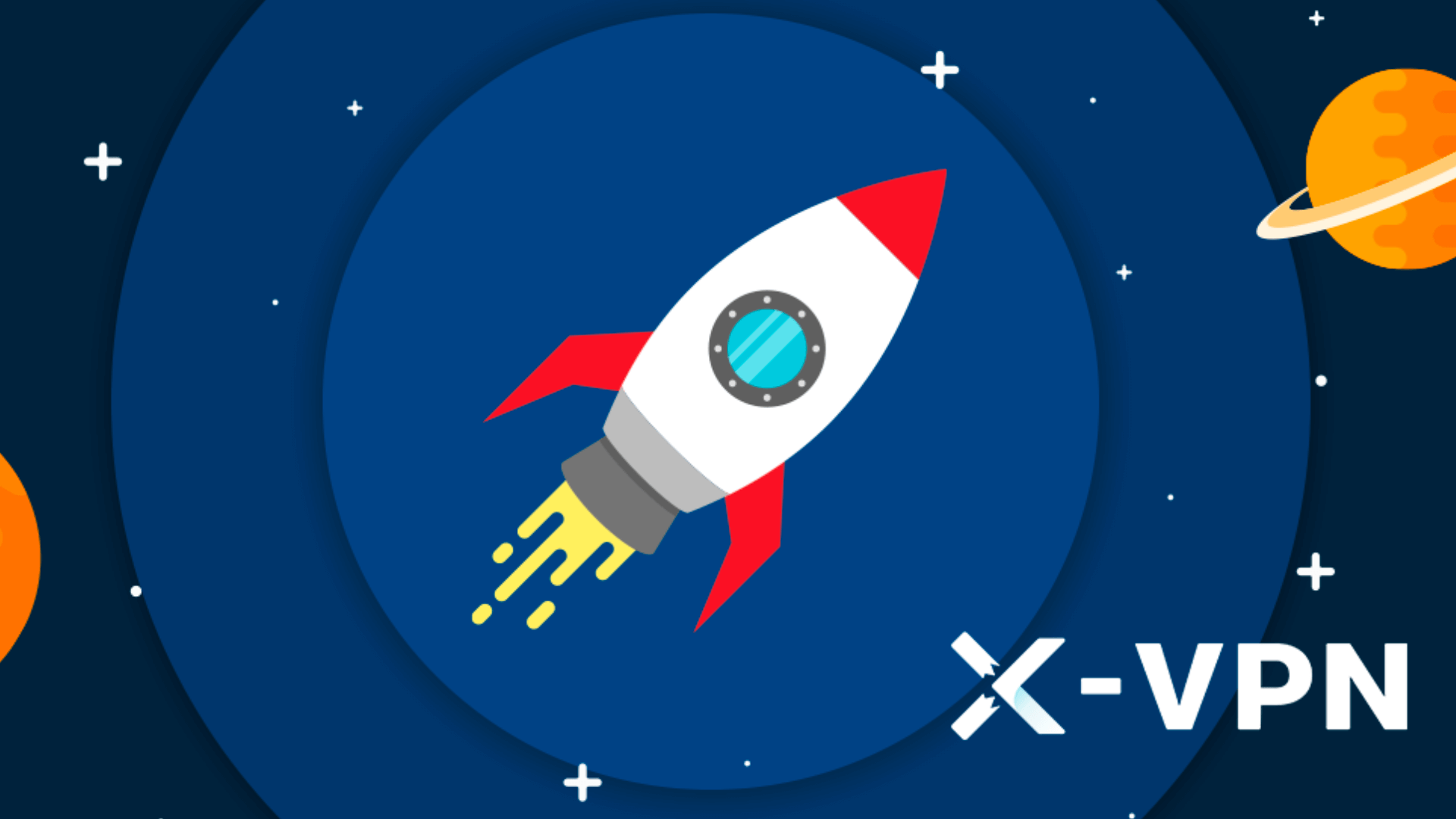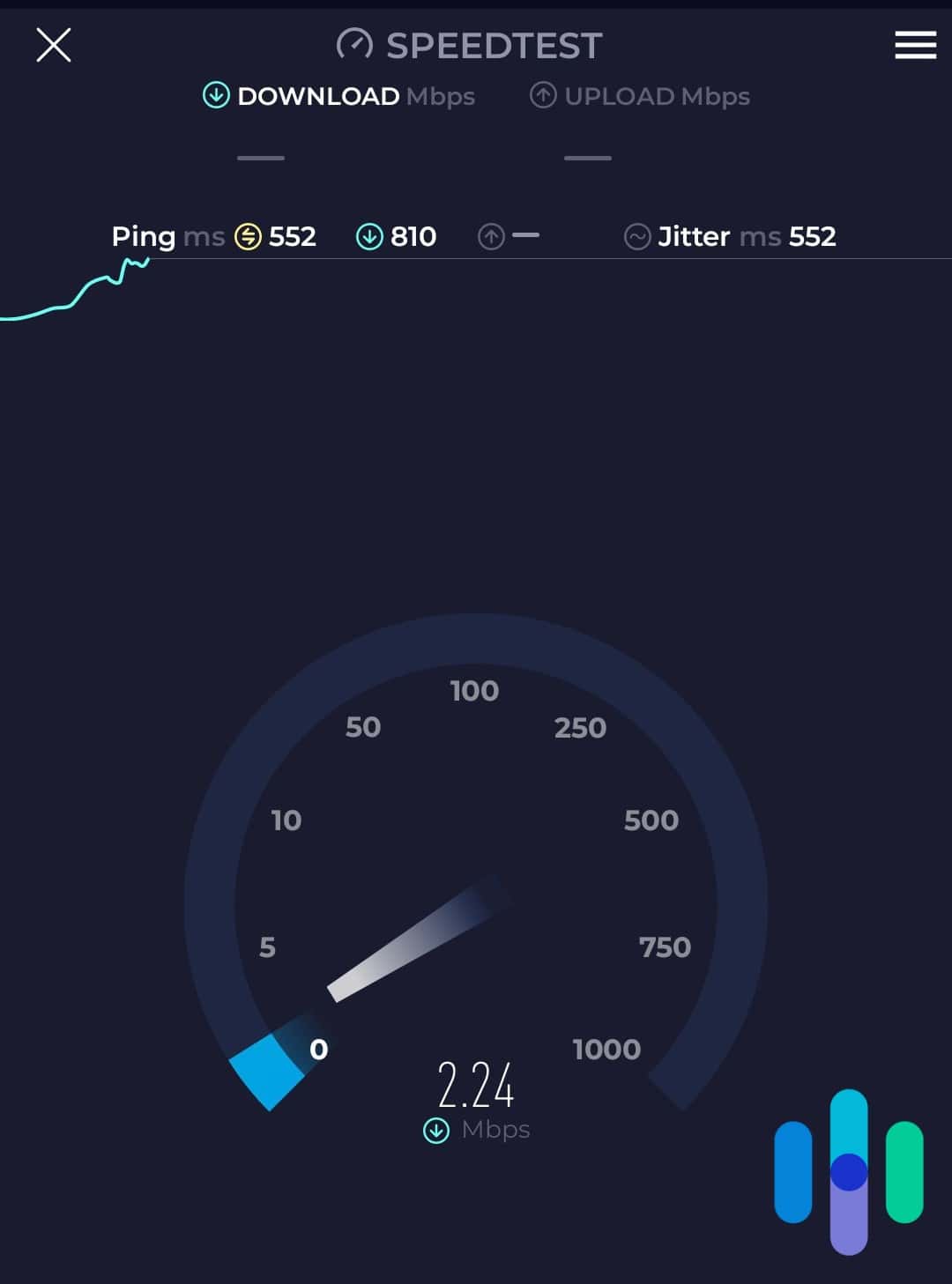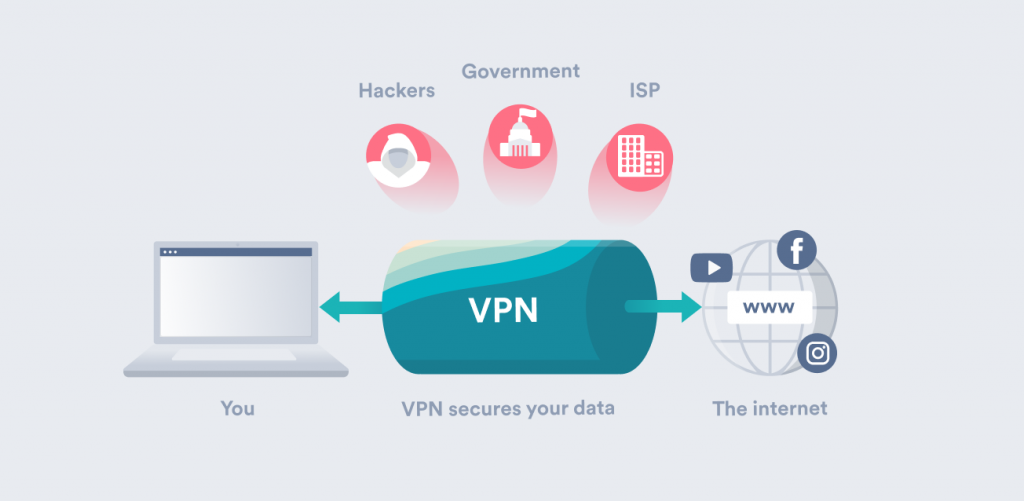First Class Info About Do VPNs Stop Throttling

Do VPNs Stop Throttling? Let's Unpack This!
1. Understanding the Need for Speed (and Why It's Being Taken Away)
Ever felt like your internet's moving at a snail's pace, especially when you're trying to binge-watch your favorite show or download that essential file? You're not alone! Internet throttling is a sneaky practice where your Internet Service Provider (ISP) intentionally slows down your connection. They might do this during peak hours, when you're using specific apps (like streaming services), or even if you've simply used "too much" data, according to their definition. It's like they're saying, "Hey, slow down there, buddy! You're using the internet too much!".
But why would they do such a terrible thing? Well, ISPs often claim it's to manage network congestion and ensure everyone gets a fair slice of the bandwidth pie. In reality, it can also be a way to encourage you to upgrade to a more expensive data plan. After all, if your current plan is constantly throttled, you might be tempted to shell out extra cash for faster speeds. Think of it as a gentle, or not-so-gentle, nudge towards their premium services.
And let's be honest, nobody likes being throttled. It's frustrating, annoying, and can completely ruin your online experience. Imagine trying to play an online game with lag so bad you can barely move, or trying to video call a loved one with a blurry, choppy connection. It's enough to make you want to throw your router out the window. But before you do that, let's explore a potential solution.
So, is there a way to fight back against these internet speed demons? Can we reclaim our right to a fast, uninterrupted connection? That's where VPNs come in. They promise to be our digital knights in shining armor, protecting us from the throttling clutches of our ISPs. But do they actually work? Let's find out!

What Is ISP Throttling And How To Stop It? XVPN
VPNs
2. How a VPN Can Potentially Bypass Throttling
A Virtual Private Network (VPN) acts like a secure tunnel for your internet traffic. It encrypts your data and routes it through a server in a different location, masking your IP address and making it harder for your ISP to see what you're doing online. Think of it as wearing a digital disguise so your ISP can't recognize you.
The key here is encryption. When your data is encrypted, your ISP can't see what type of traffic you're sending or receiving. They just see a jumbled mess of code. This means they can't selectively throttle your connection based on the specific apps you're using, like Netflix or YouTube. It's like speaking a secret language that only you and the VPN server understand.
Furthermore, by masking your IP address, a VPN can also prevent your ISP from throttling you based on your location or browsing history. They won't know it's you accessing certain websites or services, so they won't have a reason to slow you down. It's like becoming a ghost in the digital world, untraceable and unrestricted.
However, it's important to note that a VPN isn't a magic bullet. While it can definitely help bypass throttling in many cases, it's not a guaranteed solution. The effectiveness of a VPN depends on several factors, including the quality of the VPN service, the location of the server you're connecting to, and the specific throttling practices of your ISP.

3 Best VPNs For Spectrum To Bypass Throttling & GeoBlocking YouTube
The Catch
3. Don't Expect Miracles
While VPNs can help bypass throttling, they can also introduce their own speed limitations. The encryption process itself adds a bit of overhead, slowing down your connection slightly. Think of it as adding a layer of security that takes a tiny bit of extra time to process.
Additionally, the distance between your location and the VPN server can also affect your speed. The further your data has to travel, the slower your connection will be. Choosing a server that's geographically close to you can help minimize this impact. It's like taking a shorter route on a road trip to reach your destination faster.
The quality of the VPN service also plays a crucial role. Some VPNs have faster servers and more optimized networks than others. Free VPNs, in particular, often have limited bandwidth and slower speeds, as they tend to overload their servers with users. Investing in a reputable paid VPN service can make a significant difference in your overall speed and performance.
Therefore, choosing a VPN is about finding the right balance between security and speed. You need to select a service that can effectively bypass throttling without significantly compromising your connection speed. It's a bit like choosing between a safe car and a fast car — you want something that's both secure and performant.

How To Detect ISP Throttling & Stop It A Full Guide
Choosing the Right VPN
4. Selecting the Best VPN for Bypassing Throttling
Not all VPNs are created equal. When choosing a VPN to combat throttling, there are several factors to consider. First, look for a VPN with a large network of servers in multiple locations. This gives you more flexibility in choosing a server that's close to you and offers optimal speeds.
Next, check the VPN's encryption protocols. Strong encryption, such as AES-256, is essential for protecting your data and preventing your ISP from seeing what you're doing online. Make sure the VPN supports these modern, robust protocols.
Read reviews and compare different VPN services before making a decision. Look for VPNs that are known for their speed, reliability, and ability to bypass throttling. User reviews can provide valuable insights into the real-world performance of different VPNs.
Finally, consider a paid VPN service over a free one. Paid VPNs typically offer faster speeds, more server locations, and better security features. While free VPNs may seem tempting, they often come with limitations and can even pose security risks.

The Verdict
5. Final Thoughts and Recommendations
So, do VPNs stop throttling? The answer is a nuanced "it depends." In many cases, a VPN can effectively bypass throttling by encrypting your data and masking your IP address. However, it's not a guaranteed solution, and the effectiveness of a VPN depends on several factors.
If you suspect that your ISP is throttling your connection, using a VPN is definitely worth a try. Start with a reputable VPN service and experiment with different server locations to find one that offers the best speed and performance. Remember to choose a VPN that prioritizes both security and speed.
Ultimately, the best way to determine if a VPN can stop throttling in your specific situation is to test it out yourself. Most VPN services offer a free trial or a money-back guarantee, so you can try their service risk-free. Run some speed tests with and without the VPN to see if there's a noticeable difference.
And if all else fails, consider contacting your ISP and inquiring about their throttling policies. You might be surprised to find that they're willing to work with you to resolve the issue. After all, they want to keep you as a customer.

How To Spot And Stop ISP Throttling In 2025 Surfshark
FAQ
6. Frequently Asked Questions
Q: Will a VPN always make my internet faster?A: Not necessarily. While a VPN can bypass throttling and potentially improve your speed, it can also introduce its own speed limitations due to encryption and server distance. Choose a VPN with fast servers and a location close to you for the best results.
Q: Is it legal to use a VPN to bypass throttling?A: In most countries, it's perfectly legal to use a VPN to bypass throttling. However, it's always a good idea to check the laws in your specific jurisdiction to be sure.
Q: Can my ISP detect that I'm using a VPN?A: Your ISP can see that you're connecting to a VPN server, but they can't see what you're doing online or the content of your traffic. This is because your data is encrypted.